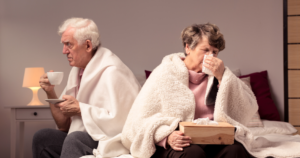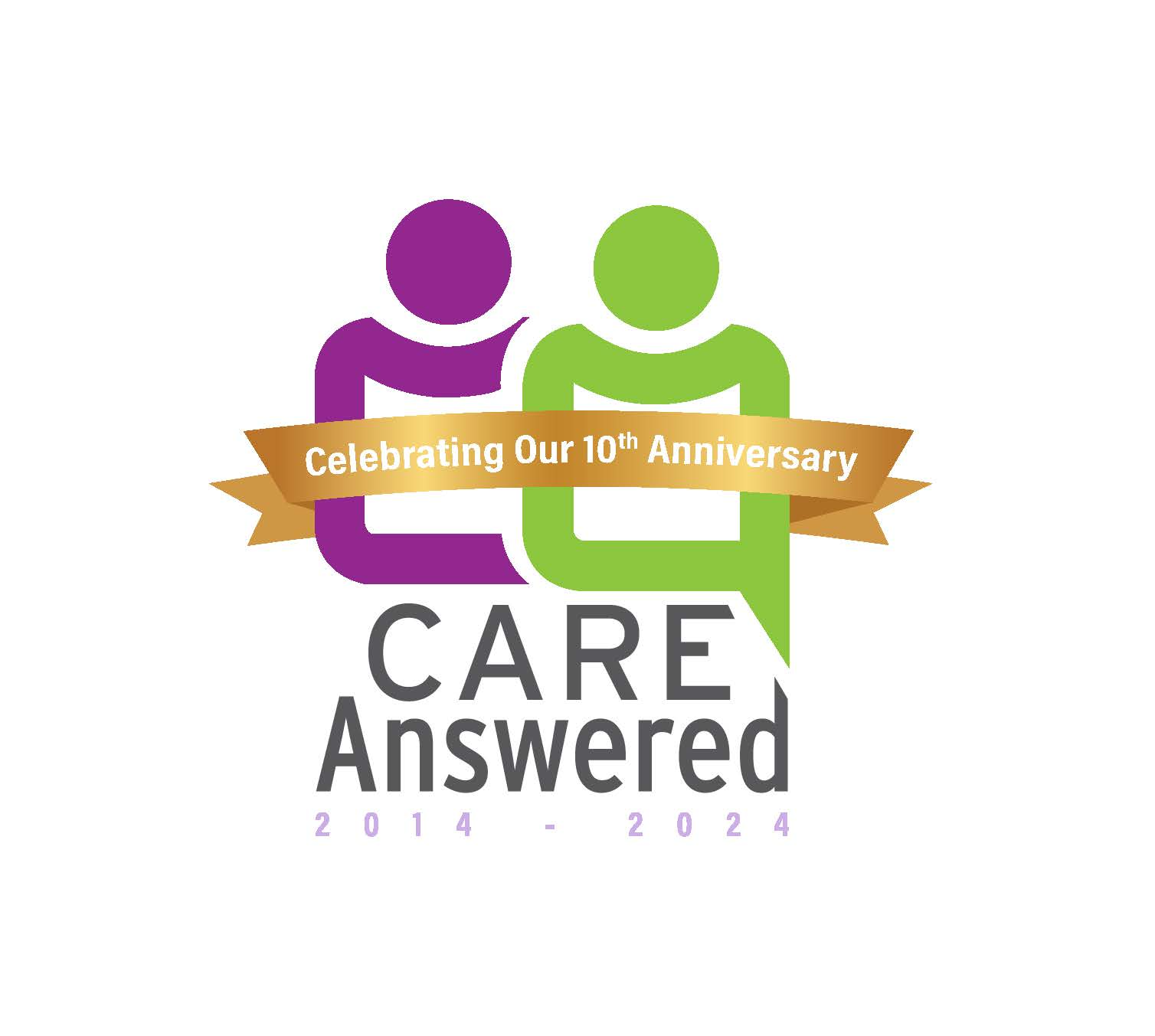Unless you have somehow managed to avoid the news, you probably feel bombarded with information about Coronavirus Disease 2019 (COVID-19). Because it is a rapidly evolving situation, it’s hard to keep up with the day-to-day (and sometimes hourly) changes. It’s important to know the facts about the outbreak, how to best protect yourself and your loved ones from the disease, and where to go for reliable and up-to-date information as it emerges.
What do we know?
 According to the Centers for Disease Control (CDC) this new coronavirus “was first detected in China and has now been detected in over 100 locations internationally, including in the United States.” Coronaviruses are found in humans, and this particular strain of the virus has its origin in bats. The initial outbreak in Wuhan, Hubei Province, China was linked to a large animal market, suggesting animal-to-human transmission, but many affected patients now are not known to have any animal exposure, so it has been spreading person-to-person. Some people have known exposure to a person with COVID-19, but some have become ill with no knowledge of how they were exposed.
According to the Centers for Disease Control (CDC) this new coronavirus “was first detected in China and has now been detected in over 100 locations internationally, including in the United States.” Coronaviruses are found in humans, and this particular strain of the virus has its origin in bats. The initial outbreak in Wuhan, Hubei Province, China was linked to a large animal market, suggesting animal-to-human transmission, but many affected patients now are not known to have any animal exposure, so it has been spreading person-to-person. Some people have known exposure to a person with COVID-19, but some have become ill with no knowledge of how they were exposed.
The World Health Organization (WHO), notes that, “The most common symptoms of COVID-19 are fever, tiredness, and dry cough. Some patients may have aches and pains, nasal congestion, runny nose, sore throat or diarrhea. These symptoms are usually mild and begin gradually. Some people become infected but don’t develop any symptoms and don’t feel unwell. Most people (about 80%) recover from the disease without needing special treatment. Around 1 out of every 6 people who gets COVID-19 becomes seriously ill and develops difficulty breathing. Older people, and those with underlying medical problems like high blood pressure, heart problems or diabetes, are more likely to develop serious illness. People with fever, cough and difficulty breathing should seek medical attention.” While there is currently no vaccine or treatment other than supportive care, possible vaccines and pharmaceutical therapies are under investigation.
How do you protect yourself and your loved ones?
The best precautions to take for COVID-19 or any upper respiratory virus include:
- Wash your hands often, and for at least 20 seconds with soap and water. If soap and water are not available, use a hand sanitizer that is at least 60% alcohol.
- Avoid touching your eyes, nose, and mouth in order to prevent transmission of germs on your hands from entering your upper respiratory tract.
- Clean and disinfect surfaces in your home frequently to remove germs.
- Avoid crowded places if possible.
- Use a tissue when touching surfaces in public places that may have been touched by many other people (door handles, elevator buttons, countertops)
- Maintain a distance of at least three feet between you and anyone who is coughing or sneezing since the respiratory droplets can travel that far through the air.
- Cover your mouth or nose with a tissue or bent elbow (not your hands) to protect the people around you. Immediately throw away the tissue and wash your hands.
- Stay home if you don’t feel well.
- If you are feeling sick with any of the symptoms mentioned above, call your doctor instead of going in right away. They will be able to direct you to a health care facility that can use proper precautions and screening methods.
People who are most at risk of contracting the virus are those living in or traveling to areas where there is currently an outbreak. WHO publishes daily updates on COVID-19 outbreak areas worldwide. According to the March 9, 2020 report, there were over 109,577 cases of the disease worldwide, with over 100 countries affected.
If there is an outbreak in your community, you may be instructed to quarantine, restrict travel, work from home, keep your children home from school, and stock up on food and other supplies. The CDC currently recommends that elderly people or those with compromised immune systems or chronic diseases (lung disease, heart disease, diabetes) stay home and away from crowds as much as possible.
News about COVID-19 changes daily. Follow the CDC and WHO websites to stay up-to-date, and in the meantime continue to practice good hand-washing techniques and respiratory hygiene. If your loved ones are in a care facility, make sure they are following these recommendations to help prevent the spread of COVID-19 and other illnesses.
Please contact us anytime! We look forward to hearing from you. [email protected]

